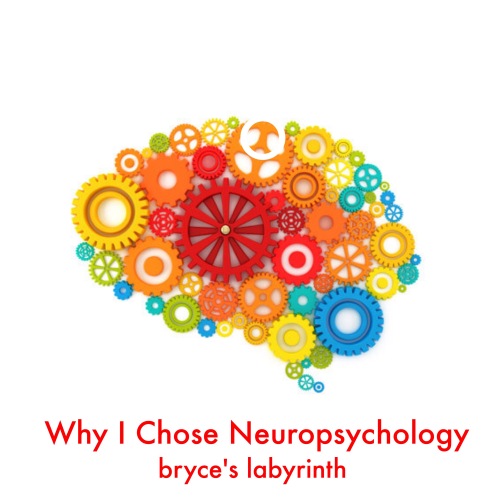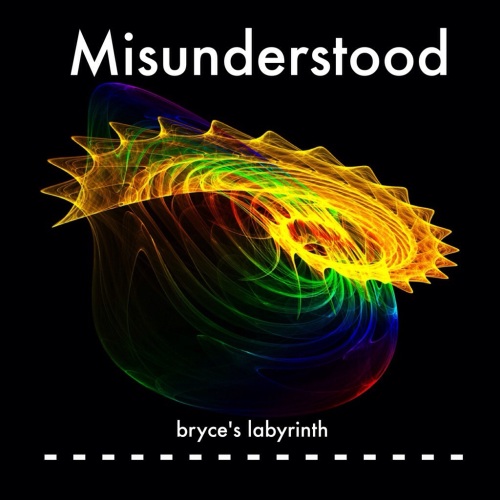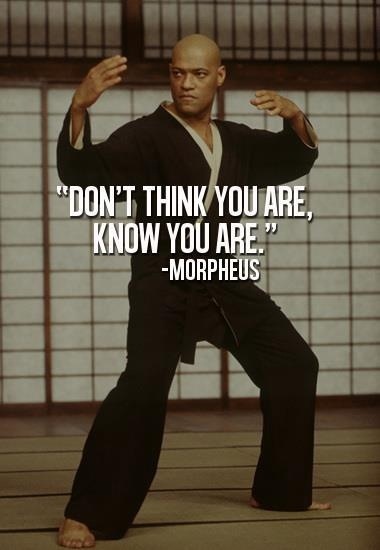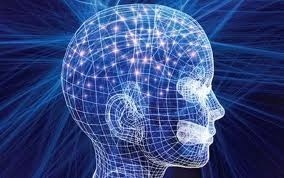Usual and Customary
There is a phrase in insurance lingo, ‘usual and customary’, that describes the rate at which an insurance carrier is willing to reimburse a doctor for a particular procedure. In my field, behavioral health, UCR’s (usual & customary rates) that companies follow, shadow the rates set by CMS for Medicare. There is a sense of synchrony and safety in these procedures.
Usual and customary could be the battle cry of the human race. As a species, we love things that are pegged against other widely understood practices as it creates a wonderful sense of predictability and safety. It is that much better when “usual and customary” indirectly benefits you without you having to lift a finger.
That is the timbre of race relations in this country. The fact that there is white privilege is an abject truth that only the people with their heads firmly secured in the sand could deny. While many of the deniers may point to regions of a particular city where a white person may not feel safe, this is a drop in the pan against the entire cities or regions where a black person could be arrested, beaten, or gunned down.
The issue here isn’t violence: all cultures commit deplorable acts; the issue here is that when a black man or black woman is gunned down or arrested, mainstream society is quick to dismiss the culprit as mentally unfit or some misunderstood loner. However, let a black suspect FLEE from a police officer, posing no imminent threat, and the last 10 months have shown that that suspect will be executed on the spot.
This has become usual and customary.
I, in no way, shape, or form, intend this post to be an indictment against all white people, but I do hope that by the end of this post you can begin to understand the indignation that nonwhites feel in the light of the usual and customary practices employed in this country.
Let us not mix words: this is a white-centric nation built upon white supremacist principles. While overt white supremacy is no longer en vogue, there is still a powerful undercurrent of centricity that tilts towards those of the fairer skin.
Here is where I will diverge from most of my colleagues: as a scientist, it is my duty to rationally observe all variables and offer statements that paint an objective picture, rather than letting my indignation guide me. White-centricity in this nation is a complex phenomenon that has less to do with active supremacy and everything to do with chronology, occurrence, and status quo. Lets take a quick look at this.
From a standpoint of human relations, it is more likely that we feel interrelatedness with someone who is similar to us in all forms, thus, it is consistent that cultures will tend to band together. However, this sober, objective approach leaves out far too nuance.
Slavery has been a staple of human society for millennia; however, the enslavement of blacks in this country occurred at an interesting time in our evolution. I’m sure there were many brilliant Jewish minds during the Egyptian and Babylonian captivities; however, our enslavement and subsequent release coincided with the industrial revolution and an increase connectivity across the globe. That is, we as a species gained greater access to information in toto and this has had profound consequences on cultural evolution in kind. It is much easier to track the roiling changes as a result.
White-centricity in this country is most widely expressed in the misunderstanding of the effects of historical acts.
Let me make a quick analogy using something I’m intensely interested in: it is hypothesized by some physicists that we may exist in a simulated universe, or more appropriately, a series of nested simulations created by hyper intelligent beings. The only issue with probing this mystery is that even if we are existing in such a milieu, it would be virtually impossible to “step outside” the simulation as that would be all there is for a being whose entire existence in built within it. If we are mere simulations, it would be logically impossible to experience anything outside the simulation.
The simulation would be all that there is.
White-centricity, or white status quo, can be seen in this same fashion. When you have been inside of a particular construct for the entirety of your existence, reaping the fruits of usual and customary and fed the knowledge of pragmatic socialization, then everything seems hunky-dory to you. To succeed, one need only to work hard and obey the rules.
But what if the rules weren’t universal?
This is the cry of every nonwhite trying to succeed in this country. The logic of white-centricity isn’t unconditional. If you are a nonwhite attempting to integrate into mainstream cultures or economies, you feel the asymmetry on a daily basis. You have to work a little harder. You are constantly inundated by snide remarks or asked to change something that is “usual and customary” to whatever culture you come from.
We must constantly assimilate to you.
So while many whites know nothing about reality outside of mainstream simulation, nonwhites are forced into making choices on the daily.
Lets add some further complexity to the mix. Using words like “white” and “nonwhite” is an egregious misrepresentation of the diversity that accompanies human existence. What does it mean to be “white”? Or “black”? We can argue this ad infinitum but allow me to truncate this argument swiftly: you are generally being judged as you walk up to an person, group, or establishment. Before you’ve uttered a word, you’ve been sized up. I get it; Its a human thing to do. Where the centricity rears its ugly head is how much harder someone who is in a quickly concluded “out group” must work to gain entrance “in”.
Without taking you through an exhausting, abject history lesson on relations in our country, but still offering a reminder of the struggles of nonwhites in this country, let us turn our attention to slavery and its sequelae. It took an all out war for blacks to be released. War. Even after, we were beaten, raped, and hung from trees. We couldn’t vote. We couldn’t use the same facilities. We couldn’t even look at whites in the eye.
If your response to this is, “get over it, it isn’t like that anymore,” you are the biggest problem. It isn’t the few and far flung bigots, its the passive beneficiaries of usual and customary. Violent bigots are the minority, but statistically speaking, those who are apathetic, while reaping benefits are much more populous. They miss the point because they either don’t understand how society works or they just don’t care.
If you are the great grandchildren of people who were broken by the country they call home, you are still familiar with the sting of humiliation. That sort of pain doesn’t dissipate over night. Then you wake up in the morning and you see a black child with a white police officer’s knee in her back? This same officer pulls a gun on the surrounding group for talking back? This all is a result of too many nonwhites at a community pool? Then the following week a white man kills 9 people at a black church? In a state that still flies the Confederate Flag? All of this in the wake of several high profile murders of black men across the nation at the hands of the police — which does nothing else but uphold usual and customary white centricity?
Do you see the tension created here? The most important part of argumentation is making sure you and your opponent are discussing the same thing. As a nation we have never, ever, ever been discussing the same thing. It isn’t a matter of differing viewpoints, but a matter of differing “simulations”.
If you can’t understand why nonwhites feel such abject hatred towards a system that requires them to play by additional rules, then you need to do your homework.
This isn’t an indictment against whites; it is an indictment against white centricity and the fetishization of nonwhite cultures. As long as nonwhites are hooting and hollering on music stages or catching balls on Sunday afternoons, everything is great. But when our people are being slain in the streets and the status quo starts calling their murderers “misunderstood” or “lone wolves” then its time for you to get a fucking clue. When kids with toy guns or men with their backs to police start getting gunned down without consequences, its time for us to wake the fuck up.
I will proclaim the sanctity of science until my last breath, but to know that my last breath could be at the hands of someone proclaimed to be a hero or mentally ill and the nation would do little more than tweet and spin stories sickens me.
That is what is usual and customary in this country. Inequality that goes ignored by those that profit from it. It is a safe, predictable pegging that most people in this nation have no vested interest in altering. Those in out groups are terrorists, thugs, and niggers, while those in group members are mentally unfit, lonely, and confused.
Be proud of whoever the fuck you are, but remember that you are a human before any other modifier gets applied. You share an overwhelming amount of your genome with every other member of the human race. An atrocity against one of us is an atrocity against all of us. Christian, Muslim, Hindu, Sikh, Japanese, Black, German, Saudi, Aborigine, Ghanaian, liberal, conservative, Labor, democrat — whatever. To even be able to identify as one of these makes you a human FIRST.
I work my ass off and give back to anyone that needs motivation, but in dark hours like these, it is incredibly difficult to maintain hope in our species. While I believe that ration, reason, and empirical veracity can light even the dark of crevasses, I fear that people of my ilk may never get the chance.
Best,
Bryce





